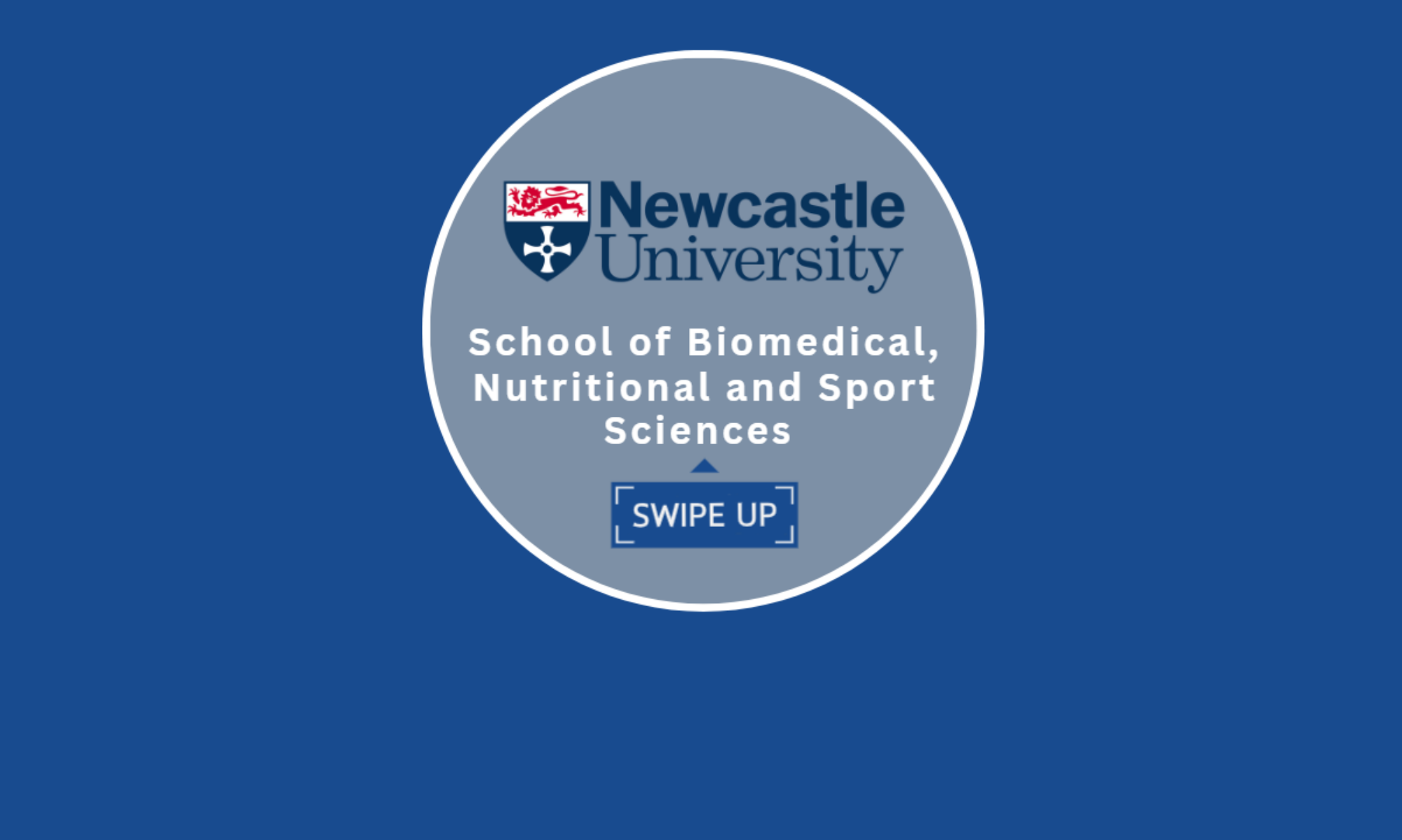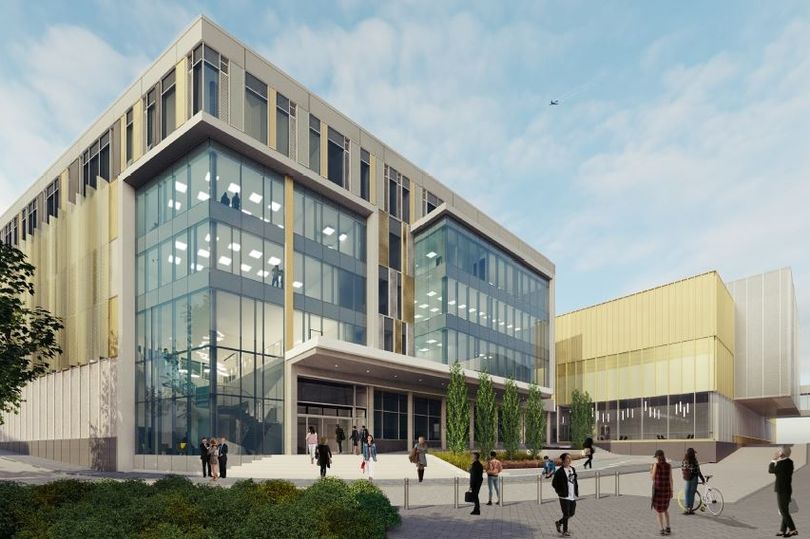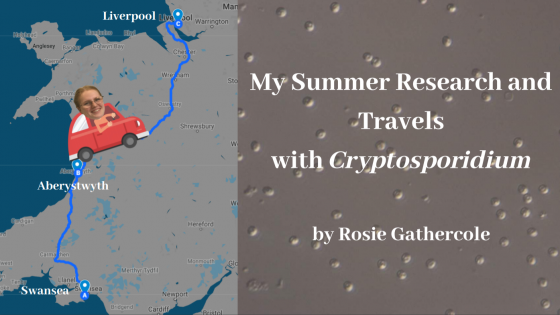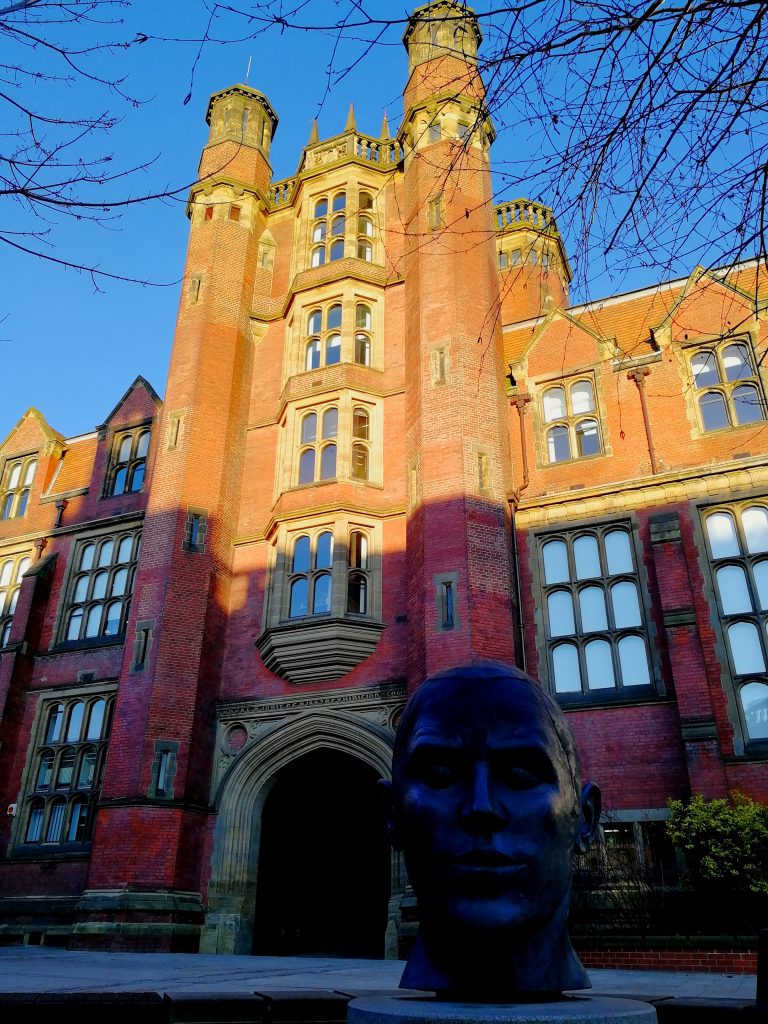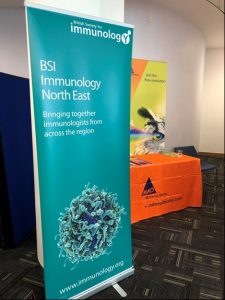Exciting times for the Nutrition and Dietetics team at Newcastle University!
As the new academic year is fast approaching, we prepare to welcome our first cohort of undergraduate dietetics students onto our new 4-year Integrated Master of Dietetics programme. The North East of England NHS departments have been asking for an undergraduate dietetics course for some time, so in the last year we have been planning and writing our course, successfully achieving Health and Care Professions Council approval and British Dietetic Association accreditation in January 2020.
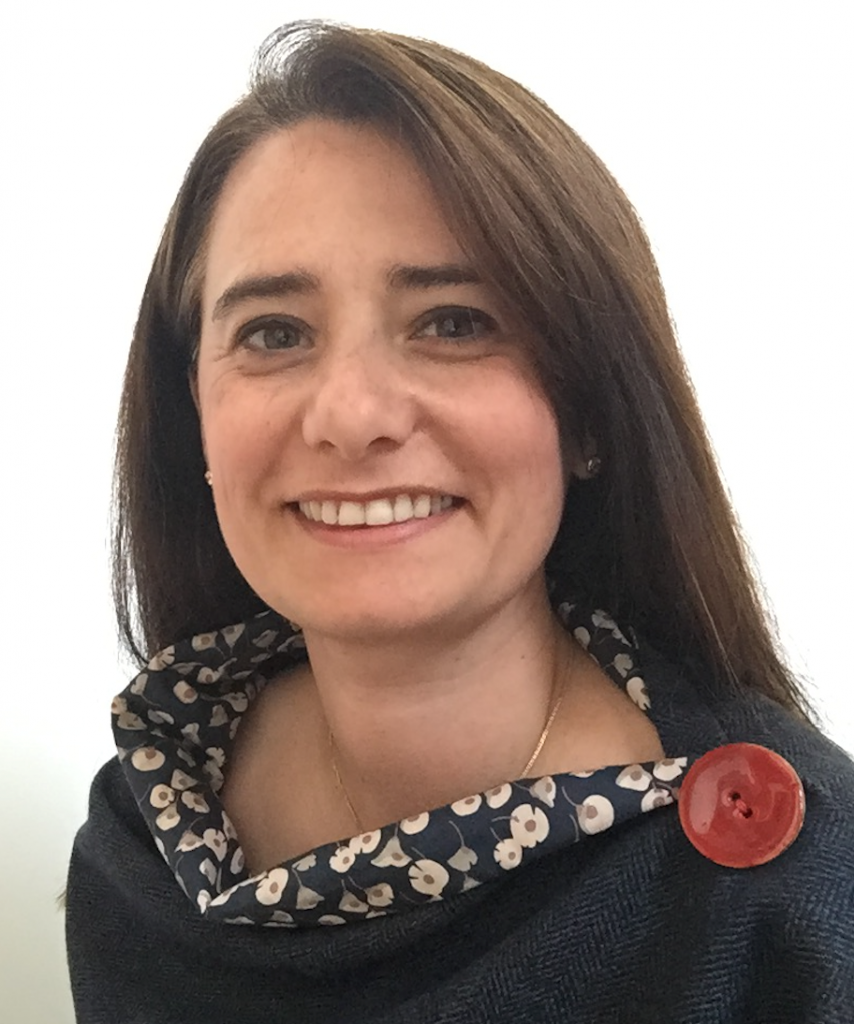
I suspect some of you are not too familiar with the work of dietitians, perhaps assuming that it’s mostly dealing with obesity, and telling people what NOT to eat. Well, I don’t quite see it that way. I’ve been a dietitian for over 20 years, in both clinical and academic settings, and I can tell you that dietetics is a really varied profession.
Continue reading “Nutrition and Dietetics at Newcastle – A New Era! by Susan Lennie”